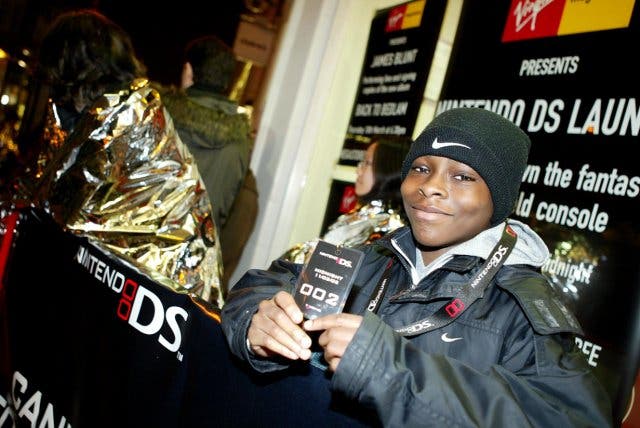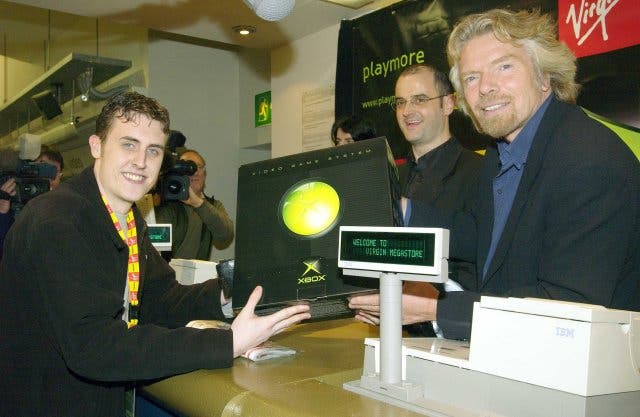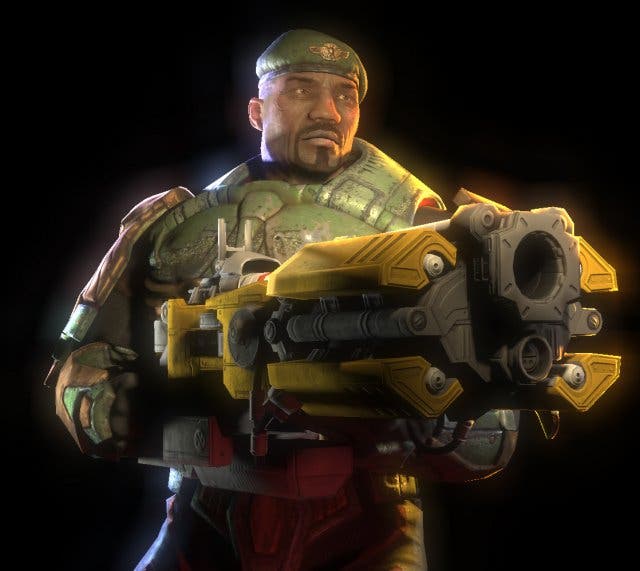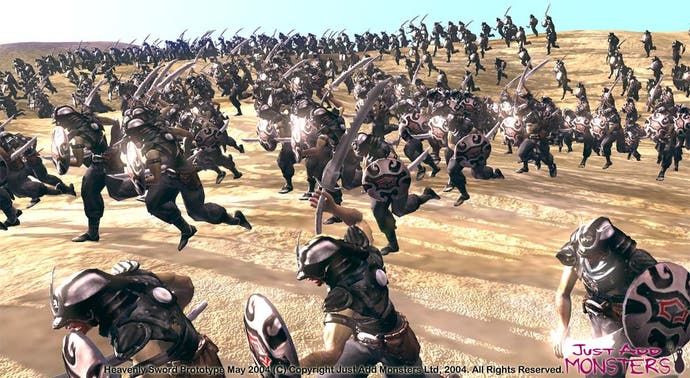Higher Game Prices: Who Needs 'Em?
Leading publishers are proposing a price hike in next-gen gaming prices: we ask if that's entirely wise...

Higher game prices for the next gen consoles you say? This is so predictable.
Every time a new round of consoles starts to appear on the horizon publishers see a little window of opportunity to sneak in some price-raising shenanigans on software to cash in on the loyalty of frenzied early adopters who'd happily shell out top dollar to get the latest gaming kit, along with the top games for them.
Last time out when retailers got a bit bored with making a 12 quid profit margin, they slashed the prices down to the sub GBP 30 mark following the lead of one-time retail giant Virgin, and game sales soared and rescued the otherwise fairly humdrum summer of '99.
During the rest of that console generation prices never went back up, and although the unit sales increases were pretty impressive, the actual revenues were, shall we say, a little static.
This price 'promotion' (as it was dubbed optimistically at the time to fool punters into believing they were getting a special deal) was little more than a cynical, but well-intentioned attempt to force the price of these disproportionately high priced entertainment items down to a more sellable level. Retailers love shifting units, especially the non-specialists that traditionally make their money off impulse-priced items like audio disks and videos; to them, games have always seemed over-priced. They don't tend to buy the argument that you get more hours for your bucks out of games.

Publishers were not amused and really took a pounding. Retailers, though, used their power to maintain their margins and all was looking good. Gamers were getting a better deal into the bargain. But then with the release of the PS2 in November 2000 game prices crept back almost up to their previous levels and stayed there until relatively recently.
But that wasn't the end of the publisher-retailer battle. A few renegade high retailers tried the same trick that Virgin tried in '99, notably Argos in Christmas 2003 and 2004, but the dominant retailers such as GAME kept their resolve until just a few weeks ago. Having slowly seen their (frankly enormous) market share chipped away at by aggressive retailers (notably the online sector), the group decided enough was enough and promptly kicked off an "if you can't beat 'em, join 'em" price campaign that has - surprise surprise - lasted well beyond its initial 10-day run.
The thing is, it's not likely to change either, with other retailers forced to match their prices or face being completely frozen out by savvy bargain-hungry customers.
This leaves publishers in a precarious position once again, with profit margins in the world's third biggest games territory (around 30 per cent of all European revenues, remember) being slashed to the bone in order to keep their retail relationships intact. In this situation it's rarely the retailer that suffers, and don't they know it. The massively increased demand caused by these price promotions proves all too well that consumers respond eagerly to the prospect of cheaper games, and many of the less dominant publishers are in a difficult bargaining position when trying to desperately offload poor-selling titles.

And, let's be honest here, most games that get released are poor-selling. The games industry's entire economic model is built on big hits bailing out the proliferation of quickly forgotten flops. Just looking at the Chart-Track sales reports proves that, but unfortunately copyright restrictions and the prospect of negative PR makes doing that very difficult for any gaming publication. But take our word for it. There are some scary statistics out there that would make any caring gamer wince at the injustice that goes on in the nether regions of the charts.
So the news today that several big name publishers including THQ, Take-Two and Activision are eyeing up a $59.99 price point (and we all know from bitter experience that means fifty quid even despite the current exchange rate) for next-generation games follows in this predictable pattern of old. Wait for the current gen to reach critical mass, then hit the early adopter with a premium price point and never lower it until determined retailer pressure eventually brings it crashing down again. Don't you just love cycles?
But although its hard to argue that the cost of game development is rising all the time, is the industry poised to shoot itself in the foot again and put off literally millions of gamers from buying into the next-generation machines until sanity is restored on the high street? Having invested a bigger than usual sum on a next-gen console, memory cards, extra joypads, leads and all the peripheral junk we end up buying, the last thing we need on top is the prospect of being stung for our loyalty by extra-expensive games into the bargain. What are they thinking? Is this a deliberate ploy to halt the growth of the industry? Sometimes it really feels like that.

As online retailer Simply Games' managing director Doug Bone told Eurogamer: "As superior technology comes along, the creative potential (and associated development costs) inevitably also rise accordingly. While this is not an obstacle for the early adopter, we need to be careful to ensure that any price hike (e.g. between PS2 and PS3 games) is backed up by the quality of product the customer gets. A price hike purely because publishers 'can' won't help."
Indeed. It really does appear as if publishers have adopted this thinking literally because they "can" and because "we've done it before".
But there is a way out for publishers, and that's if they come good on the suspected pledge of only raising the prices on premium product, i.e. the magical "triple A" product we always hear about but rarely find when we open the boxes.
The trouble is, a lot of publishers have egos the size of the moon and believe most of their half-baked average games are worthy of the AAA label. So expect another characteristic pattern to emerge in the next gen: Game X goes on sale at full price. Game X sells next to nothing. Game X price slashed to clear stock. Repeat to fade.
Is that what we want? Is the industry ever going to learn or do we simply have to keep making the same mistakes over and over again like a demented, hapless goldfish?








